Why we love anti-heroes, explained by an expert
From Cruella to Loki, we look at this year's influx of anti-heroes – and just why we love them so much – with the help of an expert
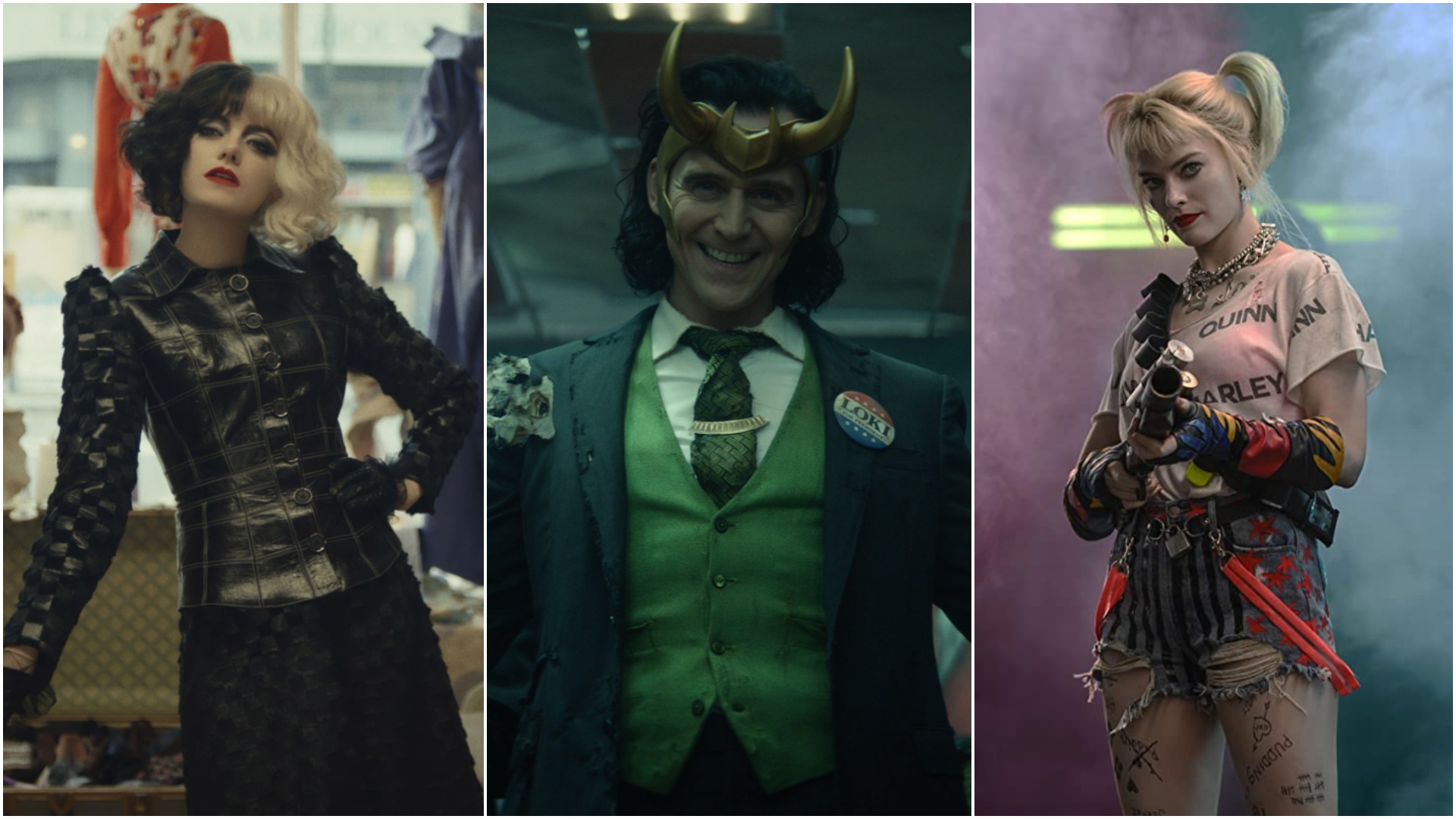
Cruella, Loki, Boba Fett, the Suicide Squad – what do they all have in common, aside from excellent fashion taste? They're all anti-heroes, not-quite-good-guys, grabbing the spotlight in 2021. In fact, we're seeing a staggering amount of these characters leading projects – whether in movies or TV series.
But what makes us love them so much? Why do we want to watch the origins of a puppy killer? Or bat for Batman's nemesis? We spoke to an expert to find out about our ongoing love-affair with the outlaw.
What is an anti-hero?
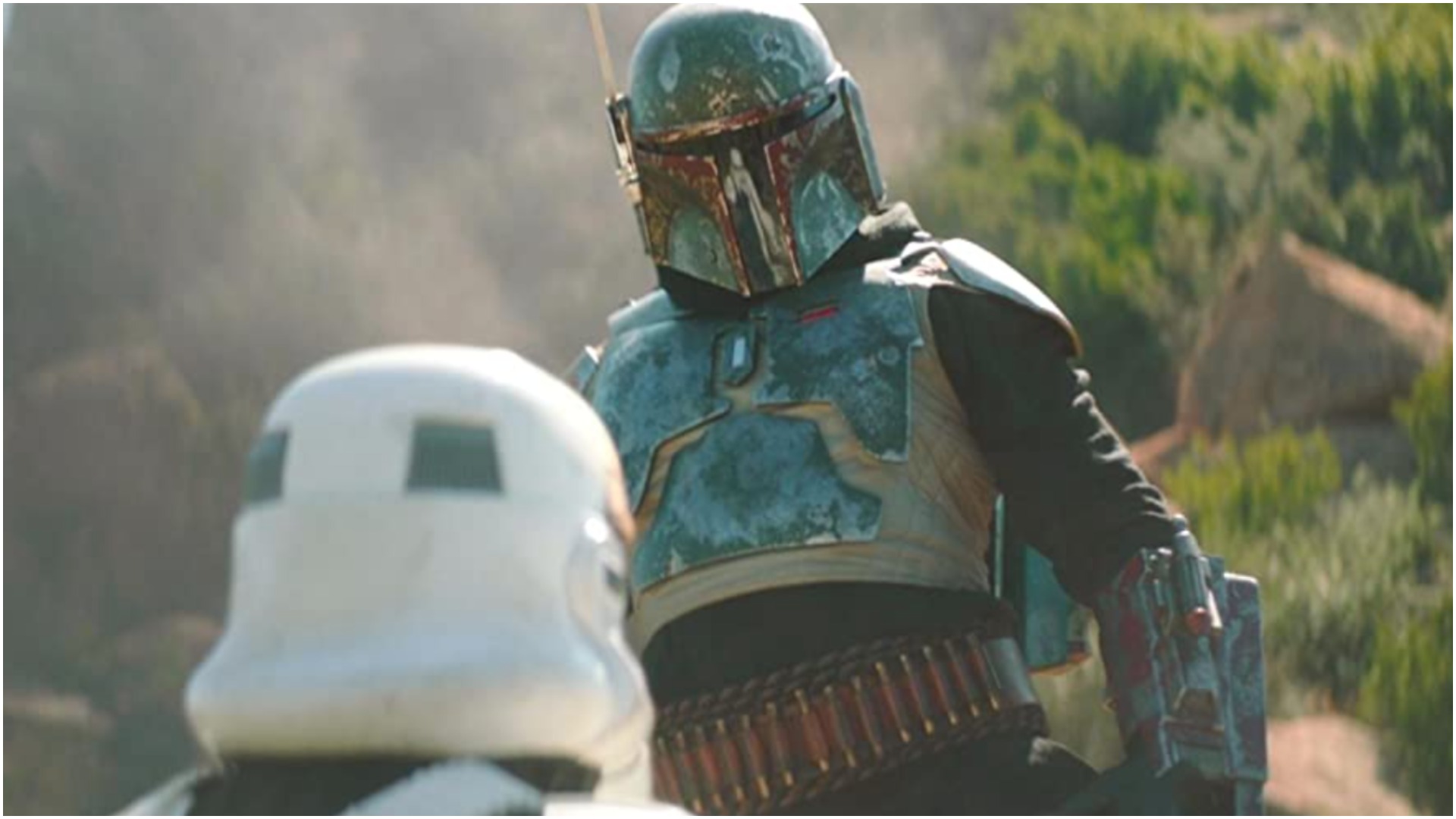
First, let's clear up exactly what an anti-hero is. "Anti-heroes are, technically, characters who occupy the structural position of protagonist but tend to be morally compromised or, occasionally, are outright immoral in their interests and actions," Dr. Aaron Taylor, a Board of Governor's Research Chair and Associate Professor in the Drama Department at the University of Lethbridge, explains. Harley Quinn in Birds of Prey is a good example – unlike traditional heroes, she thinks nothing of lobbing grenades and cracking skulls, yet Harley's positioned as the protagonist.
What differentiates an anti-hero against a villain, then? "The villain should be considered as the character whose function is to interfere with the goals of the protagonist," Dr. Taylor says. That might seem like semantics, but it's an important distinction: basically, anti-heroes are main characters, and the villains are whoever is trying to stop them, no matter how good or bad either are.
The age of anti-heroes
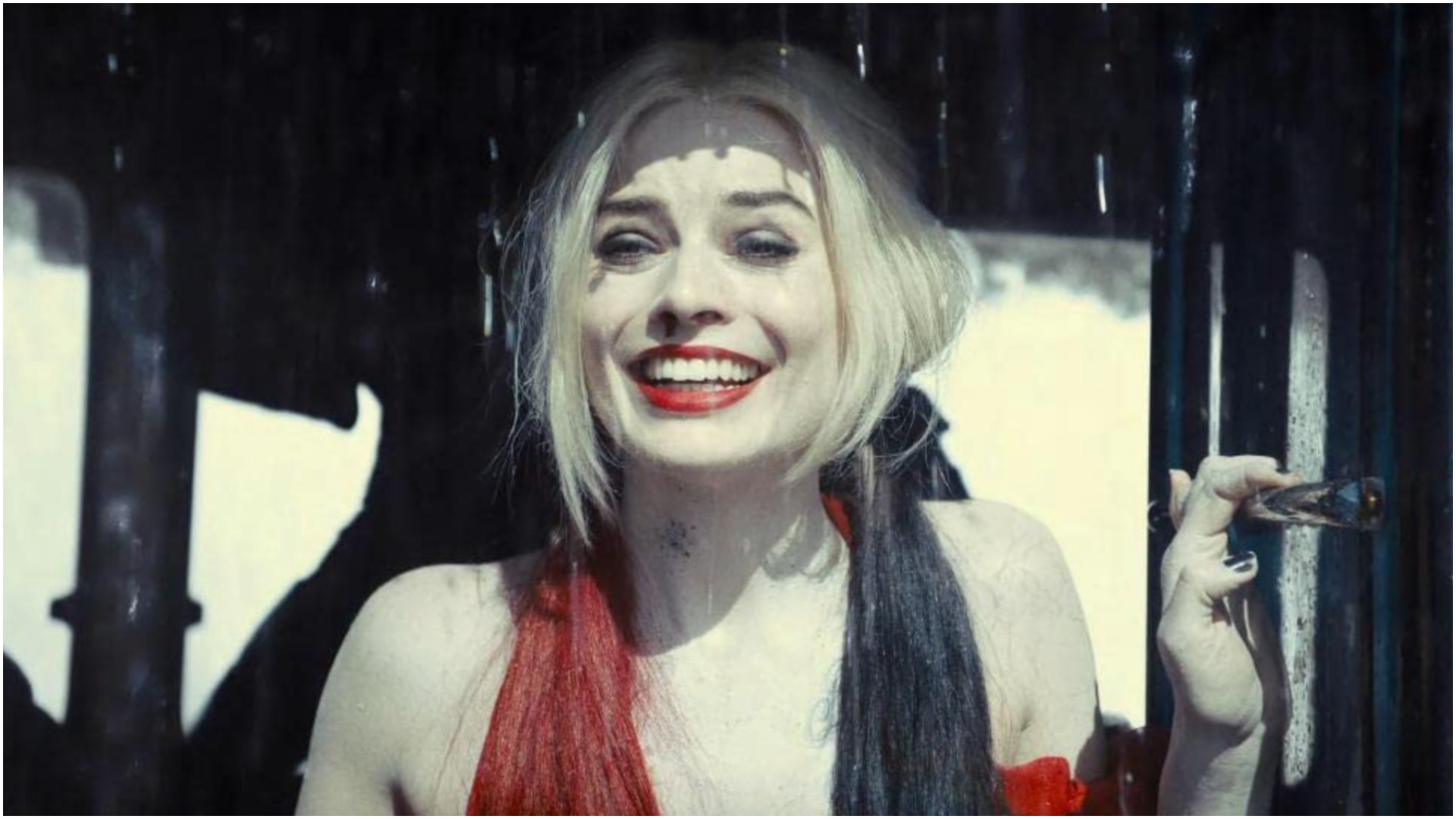
Movies and TV shows about morally dubious protagonists are more frequent now than ever. This year alone, we have Emma Stone as the dastardly Cruella, Loki headlining his own Disney Plus series, Boba Fett blasting back onto the small screen this December, Harley Quinn returning in The Suicide Squad, and Eddie Brock's symbiote leading Venom 2. Even the man who broke the Avengers, Zemo, has become an unexpected fan-favorite thanks to The Falcon and the Winter Soldier.
The anti-hero has long been a staple of on-screen entertainment – Dr. Taylor points to shows like Breaking Bad and The Sopranos as earlier examples of this kind of character – yet they paved the way for the current influx. Likewise, the success of 2019's Joker showed an appetite for more, and Cruella has already been likened to Joaquin Phoenix's film.
What's also noticeable about this year's bad batch is they are primarily returning baddies who fans already know and… love. Which may seem odd, but being bewitched by a devil isn't quite as simple as identifying with them.
Bringing all the latest movie news, features, and reviews to your inbox
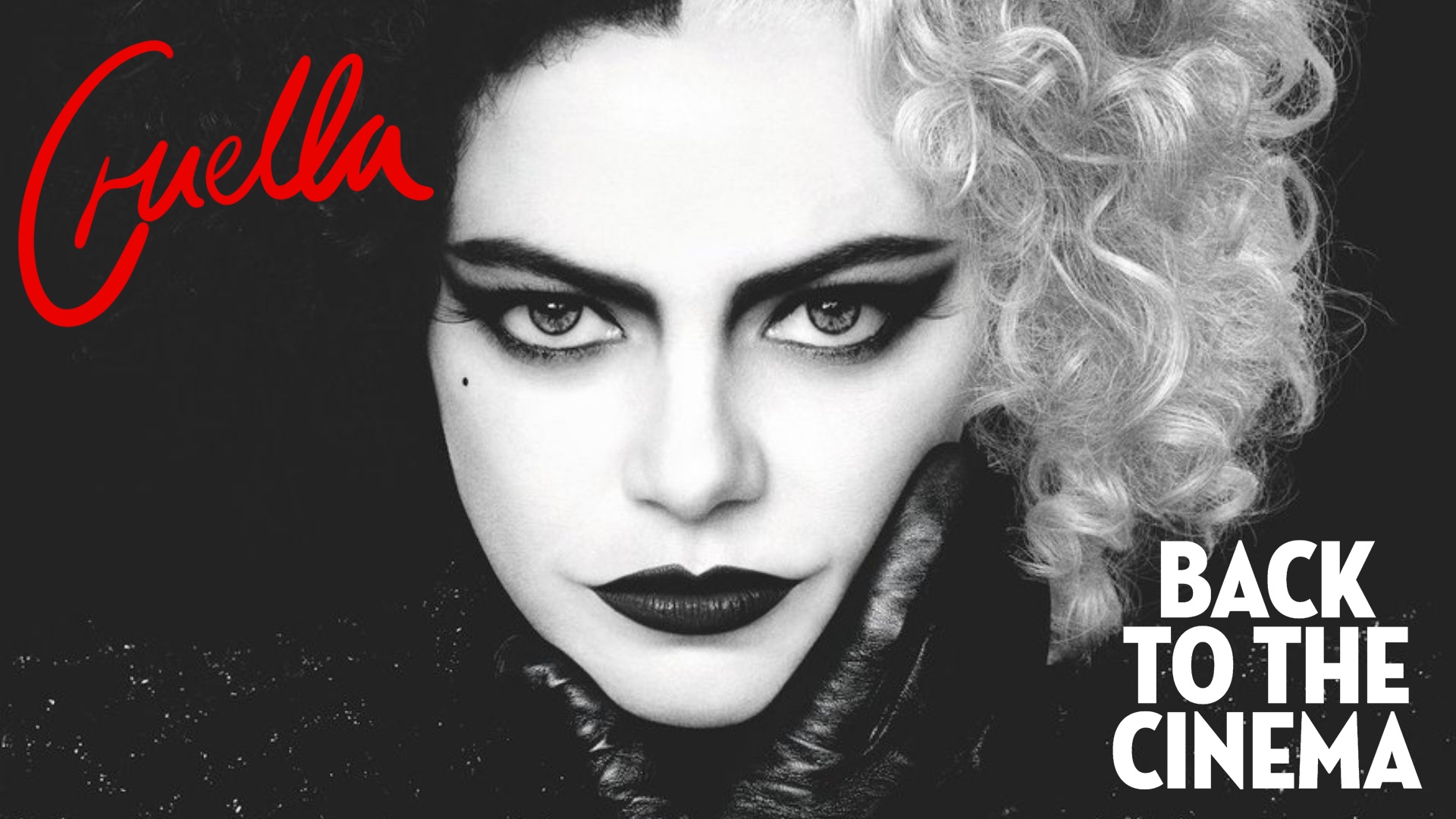
Cruella: Emma Stone reframes the narrative of an iconic villain
"Many theorists and philosophers argue that attraction is not the same thing as sympathy (or empathy for that matter). So, we may be 'attracted' to a villain or anti-hero, but that doesn't mean we want them to succeed or support their values, beliefs, and/or actions," Dr. Taylor explains. "Attraction is taken to serve as a kind of fascination, and this captivation can be directed to any number of qualities: their exoticism, charisma or dynamism, sense of humour, diabolical intelligence, or other 'non-moral' traits – including the skill or craft by which an actor brings to the stylistic expression of their behaviour."
If you find yourself a fan of an unscrupulous character, then, it's probably not because you agree with them and more likely that you find them interesting or love the actor's performance.
I'm the baaaaaaad guy, duh
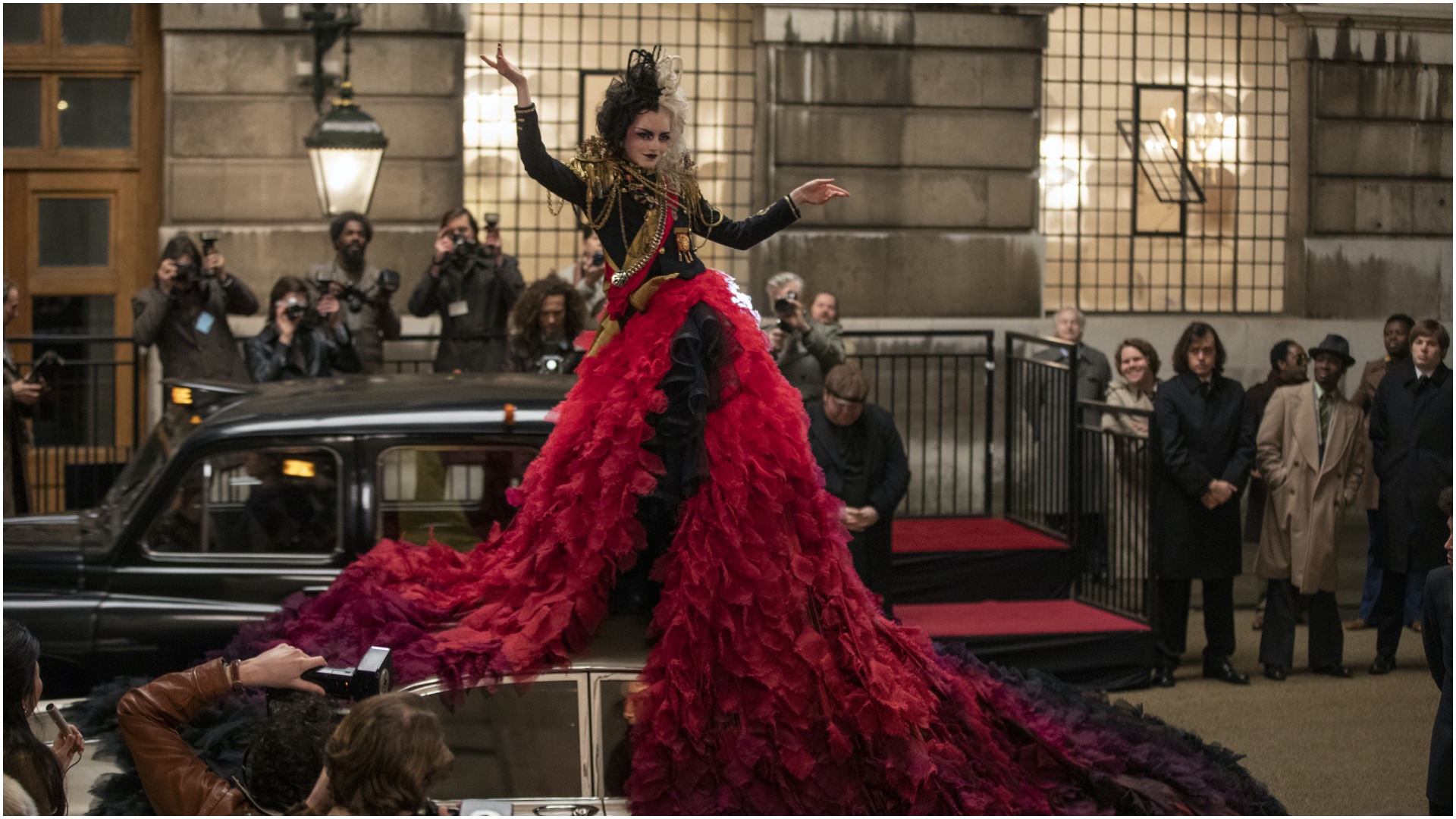
Dr. Taylor also explains that sometimes the story itself is set up to explain or justify the anti-hero's behavior, meaning "even if we don't outright sympathize completely with a scummy protagonist, the idea is that we may better understand their actions, or perhaps even empathize with them (i.e., imagine feeling the way they do or holding the values they hold)." Cruella, for instance, clashes with Emma Thompson's Baroness, and their relationship goes some way to justify Estella-turned-Cruella's inevitably immoral actions. Or look at Breaking Bad and the countless times Walter White's outrageous behavior was rationalized.
Dr. Taylor points out that feeling "sympathy, empathy, fascination, or a blend of these things" for an anti-hero makes us feel good, which can make the character more likeable. "Whether or not these pleasurable feelings can or do override our moral judgment (i.e., we overlook, make excuses for, or more fully understand their 'bad' behaviour) is a very old philosophical debate," he says. "But antiheroic narratives deliberately mobilize or dramatize this dilemma!"
Narrative structure has something else to do with the anti-hero's appeal, too. We normally root for a protagonist out of habit, as lead characters are normally virtuous. "To avoid familiarity breeding contempt (that is, actively disliking morally compromised protagonists the longer we spend with them), authors will strategically blend morally virtuous traits that slightly mitigate against or 'dull' the bad ones," Dr. Taylor continues. Think Boba Fett helping Mando rescue Baby Yoda, or Harley teaming up with Black Canary to save Cassandra Cain.
Good vs. evil
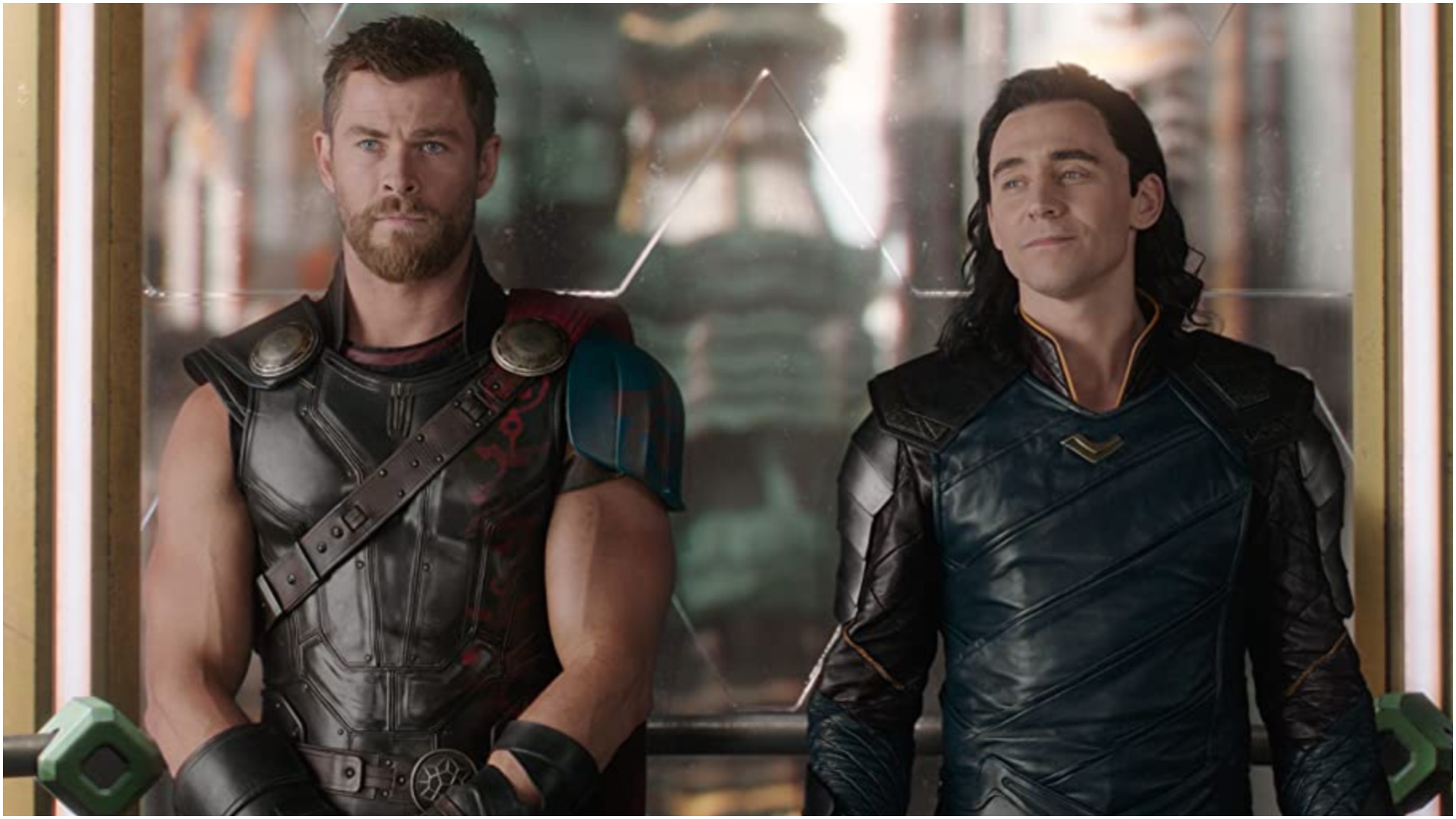
Of course, our appetite for conventional heroes is clearly still strong. The Marvel Cinematic Universe and the DC Extended Universe are, after all, built on the shoulders of through-and-through good guys. There's clearly room for both archetypes – and they might even need each other.
Dr. Taylor talks about how more heroic characters can emphasize or critique an anti-hero's immorality, and uses the example of Deadpool and the more virtuous X-Men member Colossus. He explains that, while Deadpool serves to poke fun at Colossus' rigid morality, if Colossus wasn't there as a foil keeping Deadpool (kind of) in check, we might end up getting tired of Deadpool's antics since he doesn't have that blend of morally good and bad behavior. This can be seen in other movies and TV shows: The Suicide Squad need Rick Flag, the Punisher needs Daredevil, and Loki needed Thor (or, likely, Owen Wilson's Mobius in the new series). We can even go one step further: without traditional black and white, good vs. evil stories, we could get tired of anti-hero tales – and vice versa, where without any morally compromised protagonists, we get bored of seeing heroes simply save the day.
So, while this year sees plenty of unsavory characters given the spotlight, the traditional hero vs. villain narrative is still popular. There are clearly plenty of reasons that factor into our love of the anti-hero, from narrative structure to being just plain interested in their skewed morality. What's more straightforward, though, is that we're living through the age of the anti-hero – and it's not going away anytime soon.
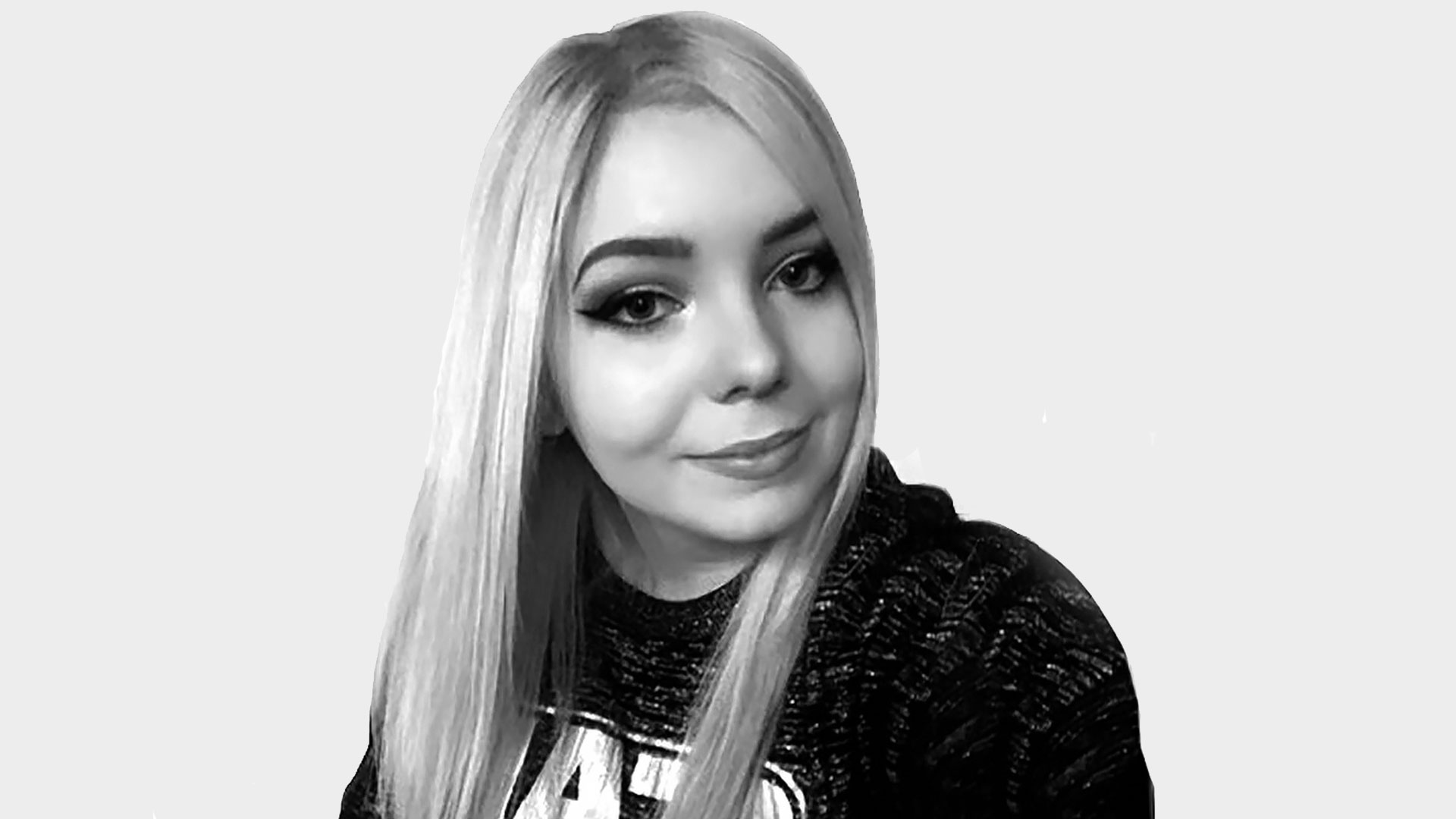
I'm the Deputy Entertainment Editor here at GamesRadar+, covering all things film and TV for the site's Total Film and SFX sections. I previously worked on the Disney magazines team at Immediate Media, and also wrote on the CBeebies, MEGA!, and Star Wars Galaxy titles after graduating with a BA in English.


